Godrej MHE has always placed an emphasis on indigenizing technologies
By Edit Team | December 9, 2020 1:35 pm SHARE
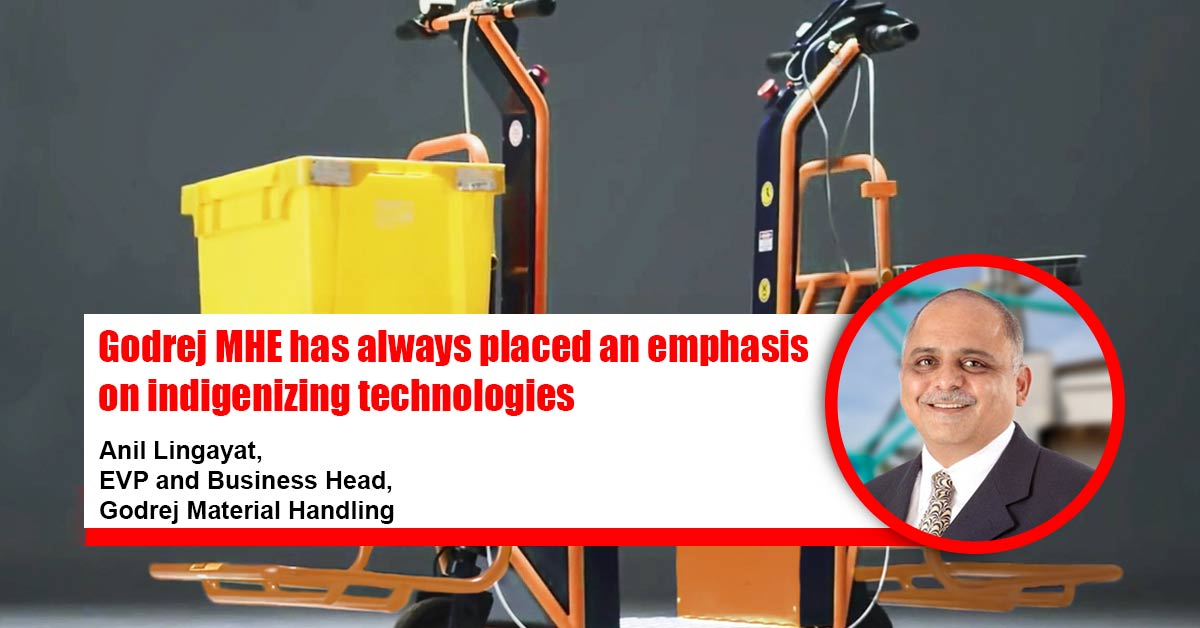
All our product development is done inhouse with technology partners in critical areas. We also use indigenous materials and components to the maximum extent possible says Anil Lingayat, EVP and Business Head, Godrej Material Handling.
During the pandemic too, the government remained keen on executing state sponsored projects. What kind of impact did it have on your business?
As a company, Godrej operates many businesses. To support the government during the pandemic, some of our manufacturing facilities were dedicated to making hospital beds and critical valves used in making ventilators.
Companies who execute turnkey projects for various government organisations are often users of forklift trucks and so are our customers. We were happy to be able to help them meet their needs for forklifts and other material handling equipment to enable them to complete their projects.
With the stress on indigenous technology and manufacturing, how are things going to change for the MHE manufacturers in the coming year?
Government initiatives in the area of encouraging indigenous technology and manufacturing are beneficial to all Indian manufacturing industries. So, material handling equipment certainly gains from it. Most customers have a preference for indigenously-built equipment, considering more competitive prices and wider sales and service networks.
Fortunately for Godrej Material Handling, we have always placed great emphasis on indigenizing technology as we adapt it for Indian market conditions. All our product development is done in-house with technology partners in critical areas. We also use indigenous materials and components to the maximum extent possible. So the emphasis placed by the government on Atmanirbhar Bharat is aligned with our approach to business.
We recently launched 3-wheel Bravo electric forklift which offers three models from 1.6 to 2 tonne capacity is a classic example of in-house development through partnerships with experts in drive trains, motors, battery systems, electronic controllers etc. With such partnerships, we were able to develop a model that compares well with foreign brands on performance spec. Similarly, Godrej SKUtro, the first of its kind mobility-cum-transport solution was launched last year to address the problem of low productivity and picker fatigue in e-commerce warehouses.
Even if we consider emerging tech like Li-ion batteries, there are several Indian partners who we see as fully capable to help us adopt Li-ion batteries on our forklift trucks.
What kind of strategies do you have in place to kickstart the year 2021 on a positive note?
As the construction activity resumes and businesses try to crawl back to the new normal, what kind of demand are you expecting? With two subdued quarters owing to the extension of lockdown and the staggered easing of restrictions, India Inc is expected to make an aggressive push to fulfill the pent-up demand in the remaining two quarters of the fiscal year. We are already seeing demand rise at a good pace. Businesses are reassessing their warehousing and intra-logistic preparedness in anticipation of a market bounce-back.
Therefore, ensuring smooth material handling without putting employee productivity and health at risk will be one of the key priorities for India Inc. While retail, e-commerce, pharmaceutical and FMCG sectors are expected to continue driving demand for material handling, many companies are reassessing shop floor and warehouse practices, identifying productivity gaps to be plugged among which is the mechanisation of material handling.
The task before the material handling equipment industry is to create and provide a range of solutions to customers. This is not only in terms of different products for different applications and duty cycles, or different levels of handling mechanisation and automation, but it’s also about different offerings like leasing, rental, maintenance contracts, operations contracts and the like. In other words, customers’ needs will change and grow more diverse. Equipment manufacturers have to prepare to serve those needs.
According to you, how much time will be required for a full market recovery, in the meantime, what can MHE do to ensure their business remains sustainable?
Due to the nature of the present crisis, it would probably be difficult for anyone to predict exactly when things will be back as they were. While we are seeing an early recovery of demand from some sectors, others will take more time. We expect to see demand near 2019 levels or better, in the coming year.
Keeping a business sustainable – in bad times and good – is always about the fundamentals. Staying close to customers and ensuring we meet their changing needs, their expectations of service, ensuring our channel partners’ success and developing new handling solutions. Making sure our employees are engaged and committed and collaborating with our partners. We are also carrying forward our digitisation journey across the entire value chain to serve our customers better and with agility.
Cookie Consent
We use cookies to personalize your experience. By continuing to visit this website you agree to our Terms & Conditions, Privacy Policy and Cookie Policy.




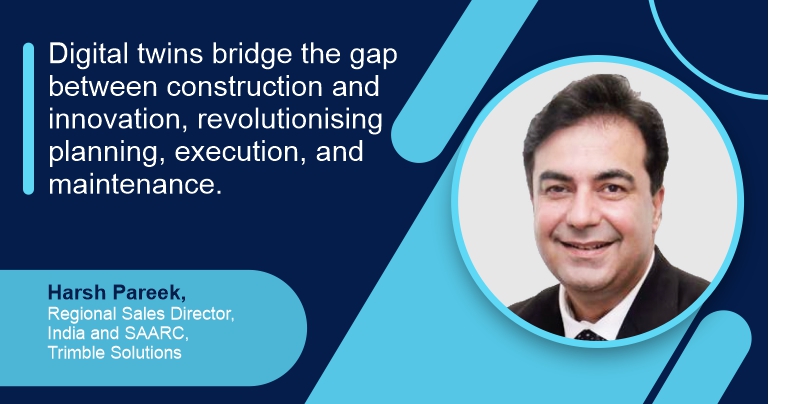
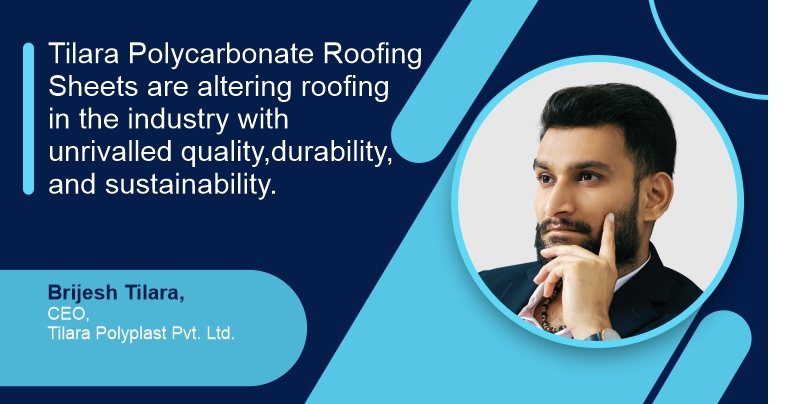
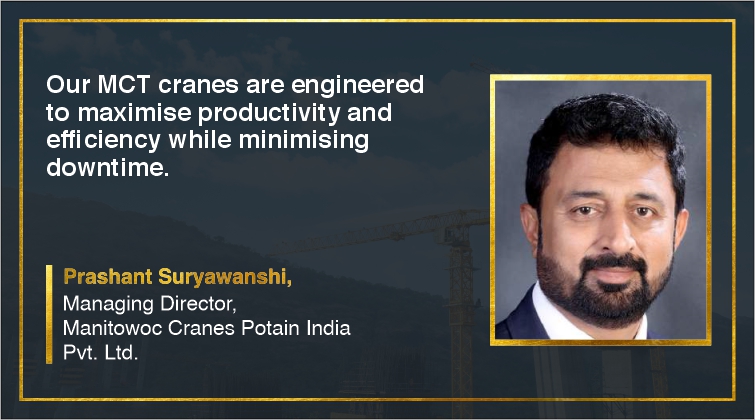
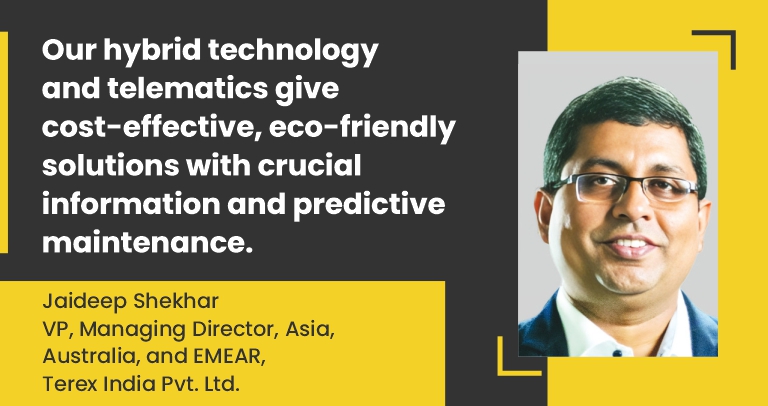
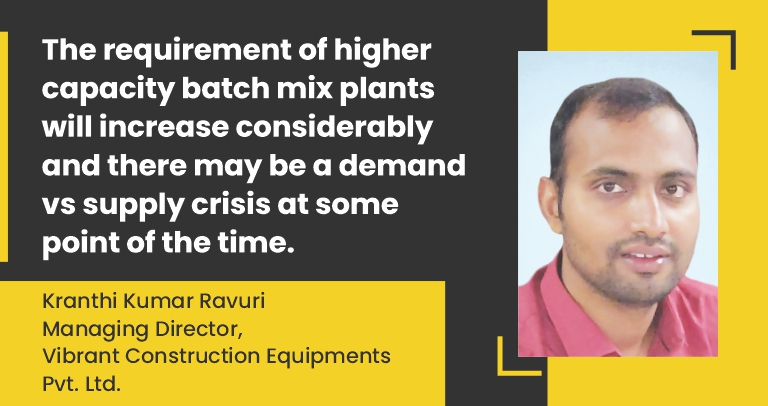



























-20240213125207.png)

























